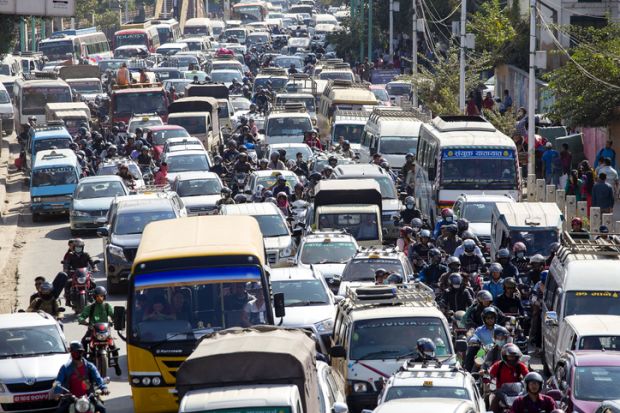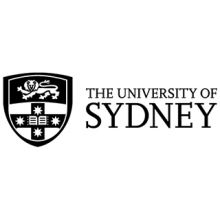Australia’s visa delays could get worse, with reports that immigration officials have been diverted from processing student visas to manage a rising caseload of asylum bids.
Insiders say the Department of Home Affairs (DHA) is transferring resources away from the student visa programme to handle applications for refugee and protection visas.
DHA said it “does not comment on internal resourcing arrangements”.
Immigration expert Abul Rizvi said an increase in asylum applications from former students appeared inevitable. He said the number of temporary graduates in Australia had skyrocketed since the post-Covid reopening of borders, from fewer than 89,000 in mid-2021 to more than 216,000 by mid-2024.
Only about 32,000 had secured permanent residence in 2022-23, despite a strong labour market and favourable migration policies. Now a weaker labour market and tighter policies – like a ban on temporary graduates applying for visas to undertake more study, unless they left the country first – would leave few options for those desperate to remain in Australia.
“As the visas of temporary graduates begin to expire, and they cannot now go back to a student visa, an increasing number of them will be forced to apply for asylum in order to extend [their] stay with work rights,” Dr Rizvi said. “That will be a political hot potato.”
Dr Rizvi said asylum applications were at record levels. Many unsuccessful applicants seek review from the Administrative Appeals Tribunal, particularly Malaysians, Chinese, Vietnamese, Indians and Indonesians – all prominent student nationalities.
During a 6 September Senate committee hearing, DHA officials were asked how many students had applied for protection visas. An answer was due by 11 September.
The committee heard that DHA had provided no advice on a replacement mechanism for ministerial direction 107 – which has been blamed for the spike in visa delays – despite promises that the directive would be superseded by the proposed international enrolment caps.
Public universities’ “indicative” caps for international student commencements next year, tabled during the hearing, range from 11,900 at the University of Sydney and 10,000 at Monash University to 1,100 at Federation University, 1,000 at Charles Sturt University and the University of Southern Queensland, and 700 at the universities of New England and Notre Dame Australia.
The Education Department’s methodology for calculating the caps is mostly based on 2023 enrolments, but it uses 2024 figures for some institutions. They include Federation, which slashed its overseas admissions to about 500 last year – from more than 2,000 in 2023 – to improve its level 3 immigration risk rating.
Now Federation, where international enrolments roughly halved during the pandemic, faces having its admissions capped at less than half its post-pandemic levels. “This is neither fair nor sustainable,” said vice-chancellor Duncan Bentley. “Our 2024 enrolments were kept deliberately low to comply with new visa settings.”
In June, the institution confirmed plans to cut 163 positions – out of a workforce of some 1,400 – to achieve surplus by 2026. Its A$81 million (£41 million) deficit last year represented about 27 per cent of its revenue.
Such troubles pale in comparison with those of many private colleges, some of which have reportedly been given overseas commencement caps in single figures. Twenty have been allocated no places at all.
The Independent Tertiary Education Council Australia said up to 300 colleges would close and many more would need to shed staff to survive. “Members…are perplexed, bewildered and deeply worried,” said chief executive Troy Williams. “Politicians simply do not care about the livelihoods they are destroying.”
Register to continue
Why register?
- Registration is free and only takes a moment
- Once registered, you can read 3 articles a month
- Sign up for our newsletter
Subscribe
Or subscribe for unlimited access to:
- Unlimited access to news, views, insights & reviews
- Digital editions
- Digital access to THE’s university and college rankings analysis
Already registered or a current subscriber? Login












